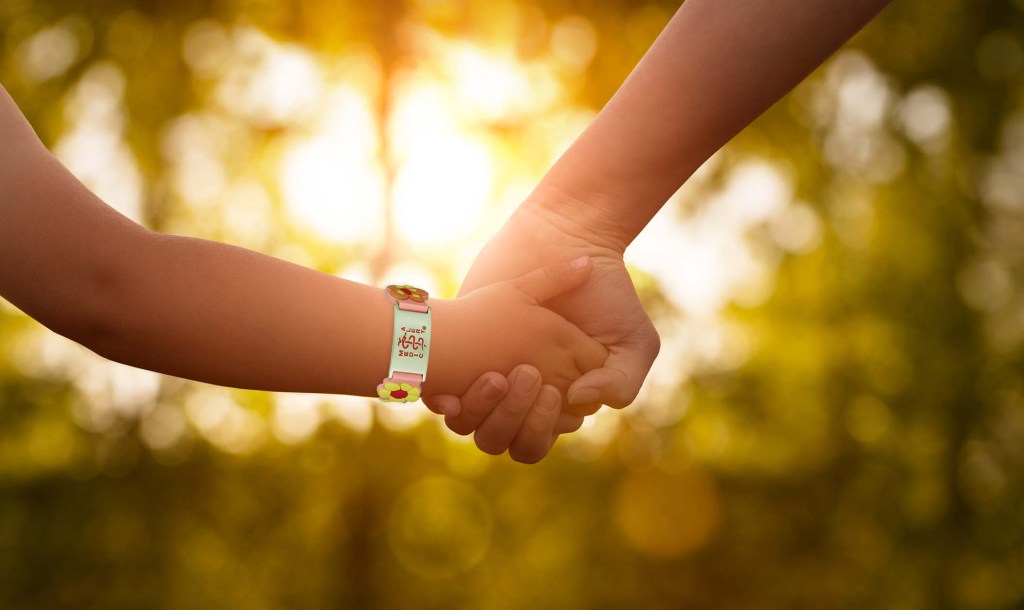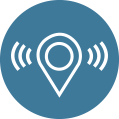What to engrave on MedicAlert medical IDs for Down syndrome
MedicAlert offers free custom engraving on all our Down syndrome bracelets and medical IDs. The engraving on your medical ID for Down syndrome should include any critical medical information that can protect and save your life an accident or have a medical emergency, including:
- Down syndrome or developmental disorder
- Other medical conditions
- Medications
- Allergies
- Implanted devices
- Amy medical information that needs to be communicated to first responders

Sample engraving. Consult our team if you need help engraving your medical ID for Down syndrome.













